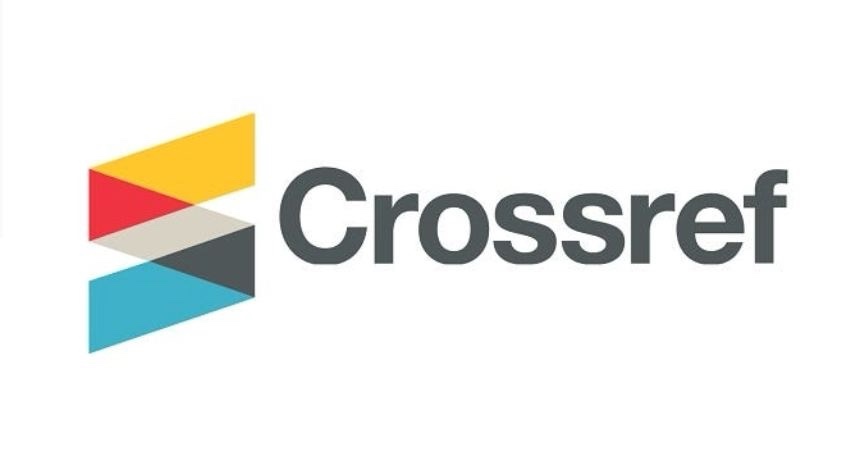Evaluation of Treatment Adherence among Patients with Hypertension
DOI:
https://doi.org/10.58897/rmcf2y49Keywords:
Treatment Adherence, Hypertension, Patients with HypertensionAbstract
Objective(s): This study aimed to evaluate patients’ adherence to treatment of hypertensive patients and its associated factors in Al-Diwaniyah city.
Methods: A descriptive cross-sectional study conducted during the period from October 1st, 2022 to March 8th, 2023. The study sample consisted of 200 patients who were selected according to the method of non-probability sampling (purposive). The WHOQOL_BREF questionnaire was validated by experts and its reliability was validated by a pilot study. The total number of items included in the questionnaire was 14 to assess adherence to treatment. Data were collected through interviews and analyzed by applying descriptive and inferential statistical analysis.
Results: The results indicated that the average age of the respondents was 47.67 years, (56.5%) females, (62%) married, (43.5%) college graduates, (55%) government employees. More than half (57%) reported poor treatment adherence. Treatment adherence varies according to age, gender, monthly income, marital status, level of education, profession, duration of hypertension and associated diseases.
Conclusions: The results of the study showed that patients with high blood pressure adhere to treatment at less than ideal rates and that the majority of socio-demographic factors, including age, gender, monthly income, marital status, level of education, duration of high blood pressure and associated diseases, influence this behavior.
Recommendations: Treatment of hypertension in primary health care settings should include required health education and counseling programs regarding the condition and its complications, medication adherence, and dietary control.
Downloads
Published
Issue
Section
License
Copyright (c) 2024 Aya Ahmed

This work is licensed under a Creative Commons Attribution 4.0 International License.














